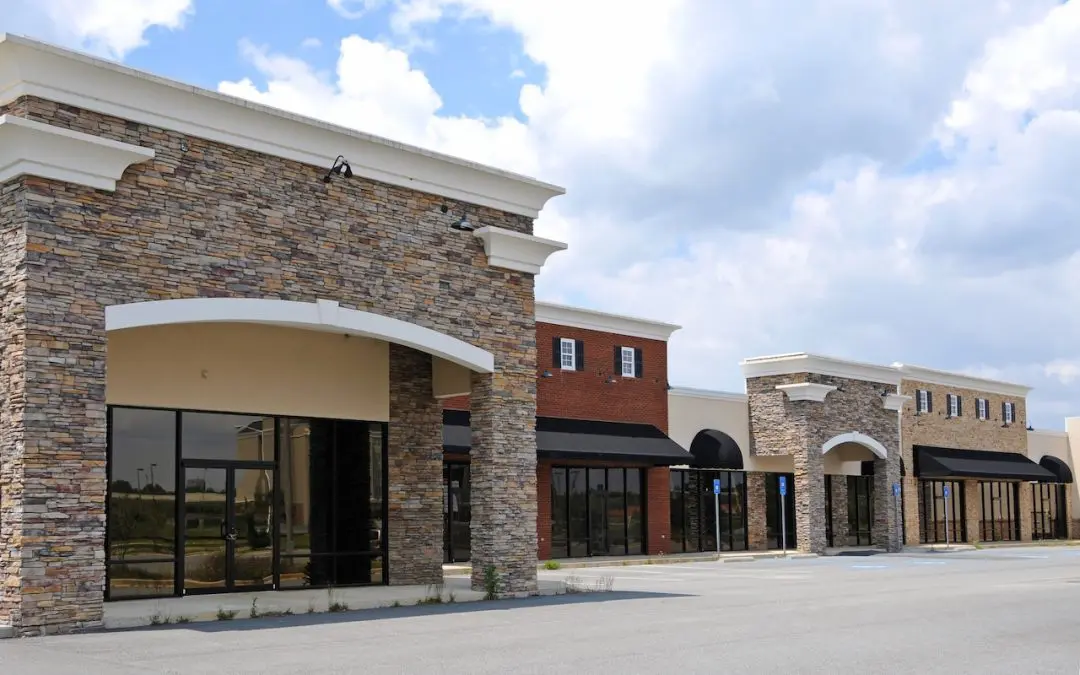When you own or plan to purchase a commercial property, every decision has financial weight. A commercial building inspection is a crucial step in protecting your investment and guaranteeing long-term profitability. Whether you own office spaces, retail centers, warehouses, or multi-unit complexes, understanding the condition of your property before signing contracts or planning renovations could save you from costly surprises down the road.
Unlike residential inspections, a commercial building inspection dives deep into systems, structure, and safety. The goal is simple: to help you make informed decisions about your property’s condition, maintenance needs, and potential liabilities.
What’s Included in a Commercial Building Inspection
A thorough commercial building inspection examines both the visible and functional aspects of the property. Inspectors assess the structure’s integrity, identifying any signs of wear, water damage, or foundational issues that could affect safety or value. Electrical systems are checked for proper operation and compliance with local codes, while plumbing systems are tested for leaks, pressure, and functionality.
Roofing is another major focus since it’s one of the most expensive components to repair or replace. The inspection typically includes an evaluation of roof coverings, drainage systems, and flashing. HVAC units are tested for efficiency and maintenance history, providing insight into their remaining lifespan. The inspector also reviews the building’s exterior envelope, interior finishes, parking areas, and accessibility compliance, depending on the property type. Many inspectors offer additional services such as infrared thermal imaging, moisture detection, or drone roof assessments, which could reveal issues not visible to the naked eye.
Why a Commercial Building Inspection Matters for Owners
For property owners, a commercial building inspection is an investment in clarity. It identifies immediate repairs and helps plan for future maintenance, allowing better budgeting and asset management. Beyond the physical condition, inspections also help mitigate risk. Discovering issues early will help prevent accidents, potential liability, or code violations that could cost thousands to resolve. It’s also a valuable negotiation tool. If you’re purchasing a building, your inspection results will provide leverage to request repairs or price adjustments based on the findings.
For current property owners, routine inspections provide ongoing peace of mind. Over time, even well-built structures age and systems deteriorate. Regular inspections ensure you’re staying ahead of those issues, maintaining your property’s value, and avoiding unexpected disruptions.
Choosing the Right Professional for the Job
Not all inspectors are created equal, especially in the commercial sector. A qualified commercial building inspector should have experience with a range of property types and a solid background in construction or engineering. Many are certified through respected organizations like the Certified Commercial Property Inspectors Association (CCPIA) or InterNACHI.
Before hiring, review the inspector’s credentials, sample reports, and scope of work. The best inspectors provide detailed reports with photos, and clear explanations. They help you understand what those problems mean for your property’s future. Choose an inspector who takes the time to walk through findings, answer your questions, and explain any complex terms.
Long-Term Benefits of Regular Commercial Building Inspection
Property owners who schedule periodic inspections extend the lifespan of their buildings and minimize costly surprises. Regular assessments will reveal small issues before they become large-scale repairs, saving time and money in the long run. For owners managing multiple buildings, inspections also create consistent documentation of property conditions, which is especially useful for insurance claims, refinancing, or future sales. The insights gained from inspection reports will guide maintenance schedules and long-term improvement plans.
A commercial building inspection is a strategic tool for safeguarding your investment. Whether you’re buying, managing, or selling a commercial property, knowing its true condition empowers you to make smart, confident decisions. Partnering with a qualified inspector guarantees that your property remains safe, compliant, and valuable for years to come.
Frequently Asked Questions (FAQs)
What’s the difference between a commercial and residential inspection?
A commercial inspection focuses on complex building systems, larger structures, and code compliance, while residential inspections are designed for single-family homes.
How long does a commercial building inspection take?
The duration depends on the property’s size, type, and condition. A small office building may take a few hours, while larger industrial facilities could take a full day or more.
Do I need an inspection if I already own the property?
Yes. Even if you’re not buying or selling, regular inspections help detect issues early, maintain safety, and protect your investment from unexpected repair costs.
Will I get a written report?
Absolutely. Your inspector will provide a comprehensive report detailing all findings, photos, and recommendations to help you understand the property’s current state and future needs.
How often should I schedule a commercial building inspection?
Many experts recommend a full inspection every three to five years, or more frequently if your property experiences heavy use or environmental exposure.
Secure Home Inspections proudly serves property owners and buyers throughout Upstate NY. Schedule your commercial inspection with Secure Home Inspections today.

